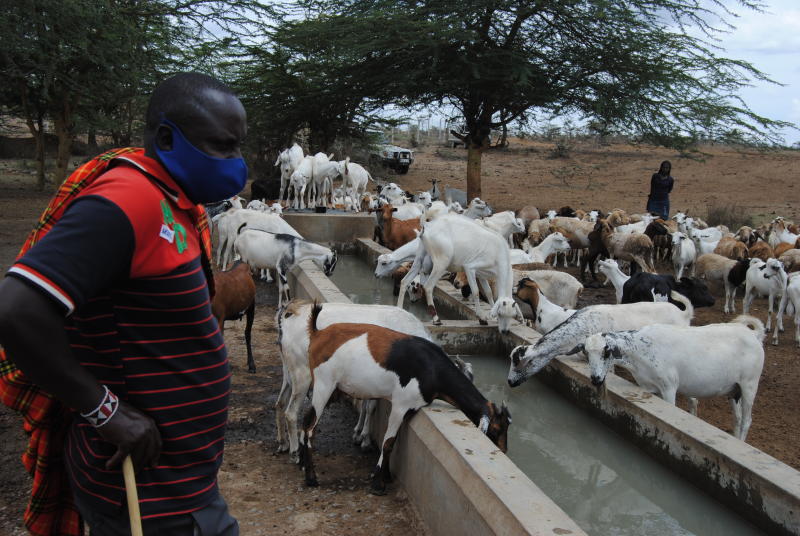×
The Standard e-Paper
Kenya’s Boldest Voice

Families used to walk for more than 20km in search of water forcing children to miss school but nowadays they cover only 700 metres to get the commodity.
For Saruni Laputit, 46, taking livestock to the watering point meant walking for at least 20km in Mosiro, Narok East sub-County